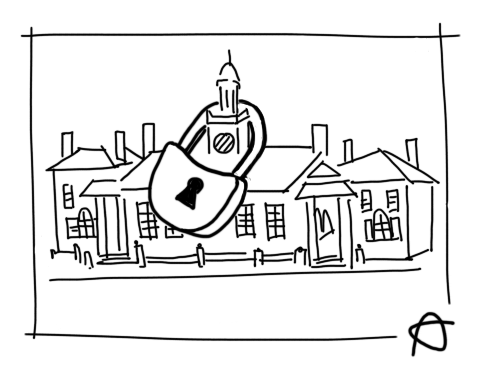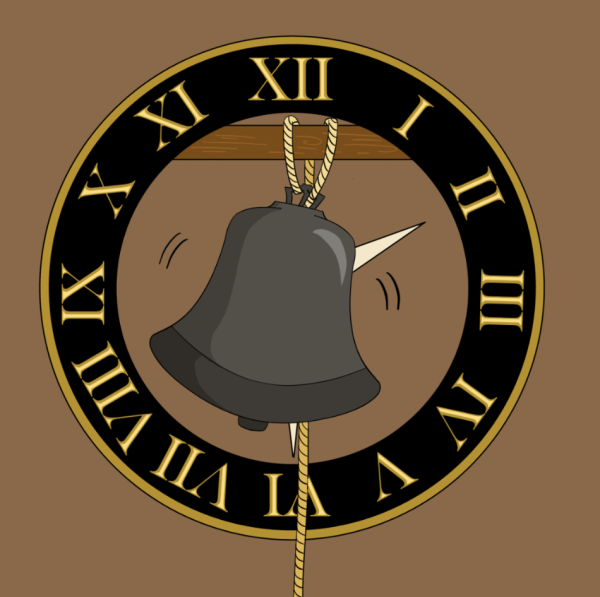Enforcement or judgement: The homework limit
The Handbook offers this equation for homework: Form x 10 = minutes of preparation time per class. This, however, is far from reality. Students and faculty are aware of this limit, but it is not executed. The big question: should the homework rule be enforced?
Affirmative Argument:
The Groton homework load confines students to their rooms to finish their work, leaving little free time for students to find new hobbies and enjoy old ones. As Emma Keeling ’17, says, “Students already have so much going on with sports, clubs… The limits ensure that there is somewhat of a balance for students.” I believe that Groton can still continue to be academically challenging, even with the homework limit, by stressing quality over quantity and narrowing focus. Homework has to be purposeful and precise; it shouldn’t be about finishing the work started in class.
The common misconception is that the more homework students do, the more students will learn. The truth, however, is that the amount of homework assigned has no effect on how students perform. Studies show that teachers in Japan, Czech Republic, and Denmark assign little homework, yet have higher test scores than students in Thailand, Greece, and Iran, where more is assigned. There obviously is truth to the idea of practice through homework being connected to success, but repetition does not create understanding, which is homework’s purpose. Ultimately, homework isn’t what people take away from a class. What matters is how interested students were in the material, which can only happen if they are also given time to explore what they love. In the end, one indisputable fact remains: there are only 24 hours in a day.
Negative Argument:
Academic rigor has become a staple in the Groton identity. The Groton Academics Guiding Principles page boasts the following: “Coursework is challenging, expectations high, and schedules busy. Groton grit is doggedness and the strength to stumble, then to rise with increased determination.” Yet, to survive Groton academics, the amount students study for the next day’s classes often exceeds the limit set by the homework rule.
However, the “Groton Grind” has permeated the school for more than a century; it is inextricably tied to the Groton identity and has fueled the school’s ambitious academics. Furthermore, the “Groton Grind” is famous for its results; between 2011-2015, Groton sent approximately 90 students to Ivy League schools. Around the world, Groton’s fame stems from student achievements accomplished via scholastic aptitude honed on the Circle. Such scholastic aptitude is a direct result of the academic rigor of Groton’s curriculum. Thus, though large amounts of homework are stressful and exhausting, they are essential to Groton School’s identity and the futures of the students. Therefore, the homework rule should not be enforced as it would deprive the school of its scholastic drive.












